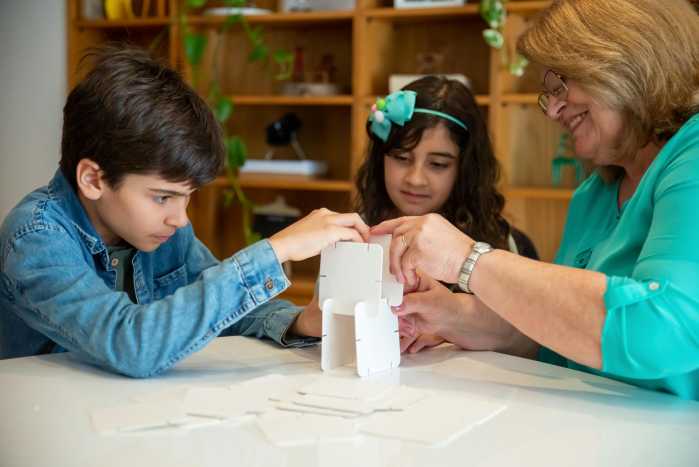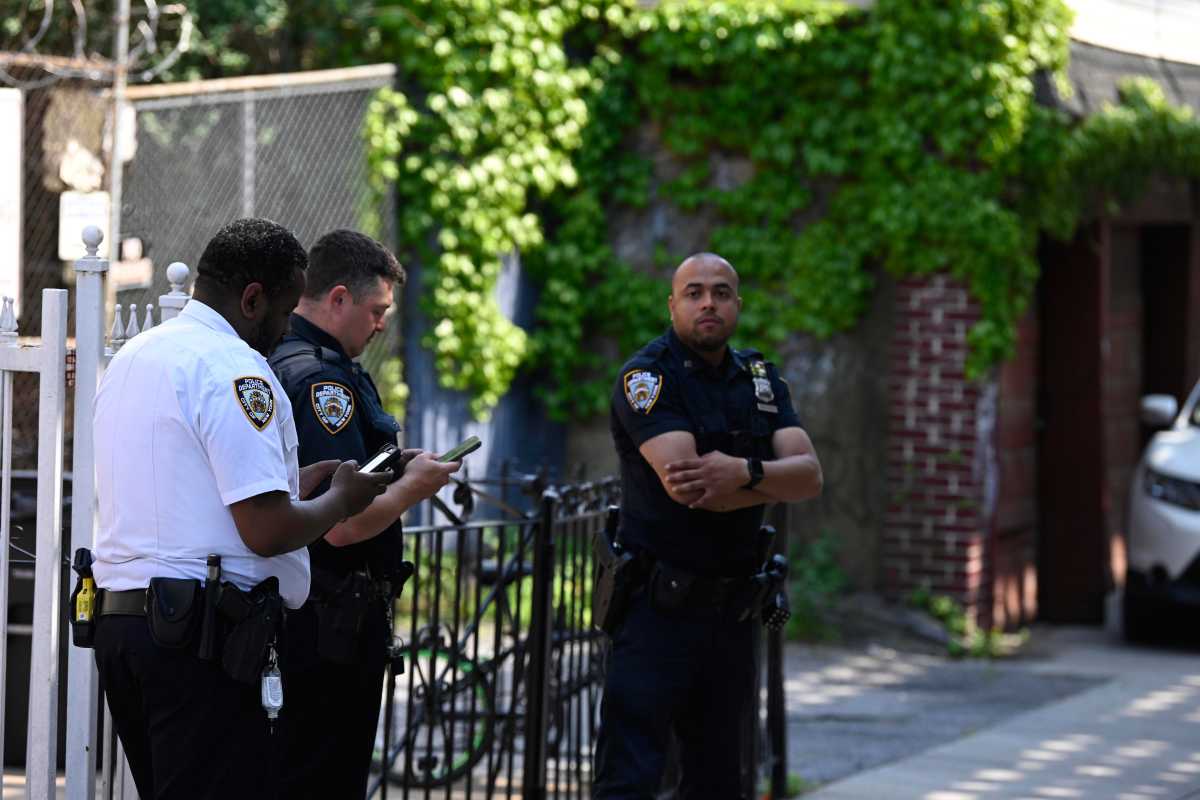In New York’s group homes, the work is a labor of love, but for many caregivers, the love isn’t enough to make ends meet.
The direct support professional (DSP) workforce — essential workers who care for people with intellectual and developmental disabilities (I/DD) — is facing a labor crisis.
According to a report by the New York Disability Advocates, a statewide coalition of more than 300 nonprofit organizations serving over 130,000 New Yorkers with I/DD, nonprofit providers care for 85% of individuals with I/DD, yet 20,000 direct care positions remain vacant. As a result, 38% of nonprofit providers have been forced to reduce services or programs. The statewide annual workforce turnover rate of 30% costs nonprofit agencies an estimated $100 million each year.
Harvard Public Health reports the trend is expected to continue. In a 2024 article, the publication projected that 4.6 million home care jobs will go unfilled by 2032.
The causes of the shortage are multifaceted. In addition to low wages, limited advancement opportunities, and poor working conditions, the job is often physically and emotionally demanding. The COVID-19 pandemic further exacerbated the crisis.
Joseph Riley, CEO and executive director of the Guild for Exceptional Children, told Brooklyn Paper that the organization’s workforce has dropped from more than 530 employees in 2019 to 460.

The Guild for Exceptional Children, based in Bay Ridge, serves children, adults and seniors with intellectual and developmental disabilities. Its services include day habilitation programs, a full-day pre-K, early childhood education and residential care. While the Guild still has vacancies, it cannot serve additional individuals with I/DD due to the ongoing staffing shortage.
“We have a lot of open shifts. We’re not comfortable with that staffing level because what it means is the existing staff is working more overtime,” Riley said. “We have some vacancies that we’d like to serve some additional people, but [the staffing shortage] limits our capacity to do that because we want to make sure that we have safe staffing levels in place.”
Riley believes that, in addition to low pay, many people are drawn to remote work, further contributing to the shortage.
“I think a lot of people got used to the idea that they can work without going to work,” he said.
In January, the New York State Office for People With Developmental Disabilities increased reimbursement rates for nonprofit residential and day service providers it licenses, allowing them to offer more competitive wages.
At the Guild for Exceptional Children, the starting salary is $17.82 an hour. However, nonprofits still struggle to compete with state-operated programs, where hourly wages are roughly $10 higher.
“It’s demanding work, and the compensation doesn’t mirror the work that the employees have to do,” Jennifer Hinds-Moore, the Guild’s director for human resources, told Brooklyn Paper. “State agencies pay employees much more than employees in our type of nonprofit agency, so it’s just very difficult to be able to attract and then retain employees.”
Benefits at the Guild for Exceptional Children include health, dental and life insurance, a 401(k), referral and hiring bonuses and employee discounts. To attract new employees, the Guild is launching several pilot programs in the coming months, including a tuition reimbursement initiative and an employee recognition award system.
“Those are some new initiatives that we’re hoping will continue to draw appeal and longevity,” Riley said. “So there are a lot of things we do right. I think if our reimbursement was better, we’d be able to offer more money to staff, which I think would help.”
Funding for nonprofit group homes
Families do not pay to place their loved ones in group homes. In fact, many residents do not even have family available to care for them. Their medical needs are typically paid for by government programs such as Medicaid, which provides health insurance and access to long-term care for nearly 7 million New Yorkers.
Manhattan Assembly Member Rebecca Seawright, chair of the assembly’s aging committee and former chair of the people with disabilities committee, said retaining staff at nonprofit-run group homes would be improved if the salaries were higher.
Last month, she reintroduced A7604, a bill to provide wage enhancements for DSP workers.
“New York’s delicate infrastructure of care for people with disabilities and/or older adults rests on the shoulders of nonprofit direct service professionals,” she said, adding that they deliver 85% of services to most New Yorkers with I/DD.

Seawright explained that most nonprofit-based DSPs earn 30% less than their government-funded peers and echoed what many others in the nonprofit sector have said: Low pay and hard work have led to a turnover rate of nearly 30%.
“This disparity goes against our values of equity and fair play while degrading the quality of care for our most vulnerable loved ones and neighbors,” she said. “I also advocated for a cost-of-living adjustment and will continue to fight for our DSPs, the compensation they deserve, and to stabilize the system of care.”
How NYS is helping
Jennifer O’Sullivan, director of communications for the NYS Office for People with Developmental Disabilities (OPWDD), said that the state’s DSPs are the heart of the agency’s service system, supporting 130,000 people with developmental disabilities every day.
“Under Gov. Kathy Hochul’s leadership, the OPWDD remains focused on growing the number of direct support professionals statewide and improving retention,” she said, adding that the agency remains focused on expanding the direct support professional workforce and improving retention through increased investment and its DSP recruitment campaign, “More Than Work.”
Since 2022, she explained, NYS has made more than $3.9 billion available to nonprofit providers to support investments in the workforce and decrease pay disparity. This funding includes about $1.4 billion in one-time federally approved bonuses, nearly $1.3 billion through four consecutive initiatives that recognize inflationary pressures, and over $340 million through state-funded bonus initiatives.
“Most recently, the governor has invested $850 million to fund rate increases for certified providers, the bulk of which are intended to be used to increase salaries,” O’Sullivan said.
With reporting by Barbara Russo-Lennon























